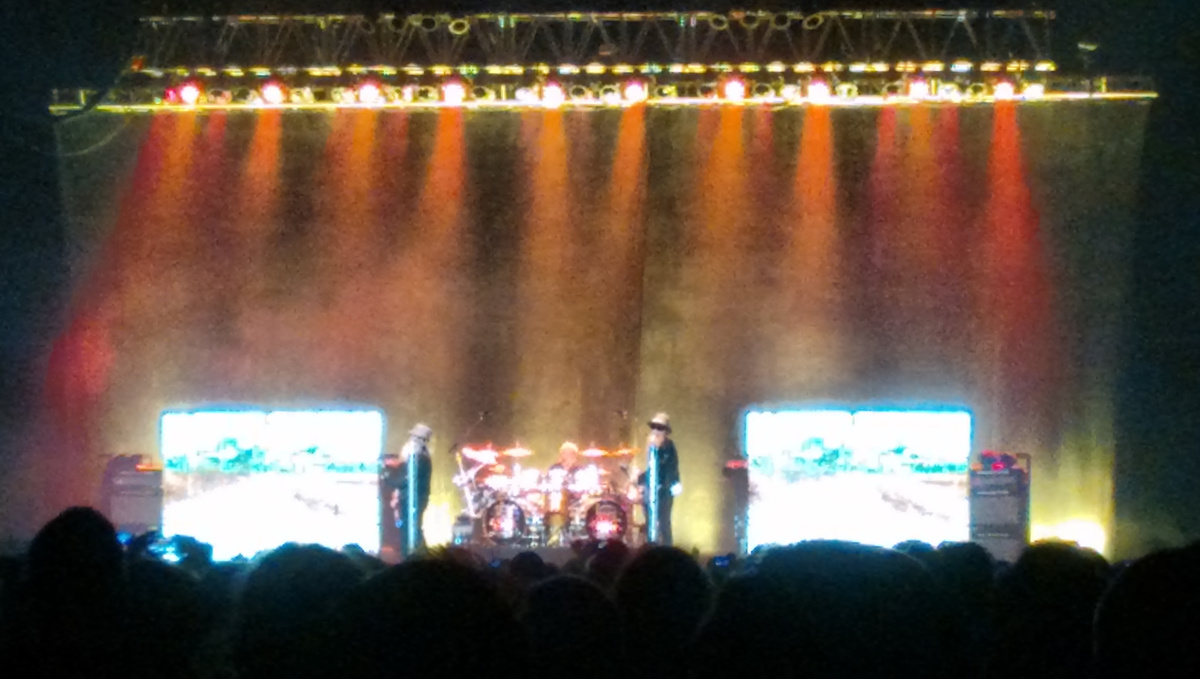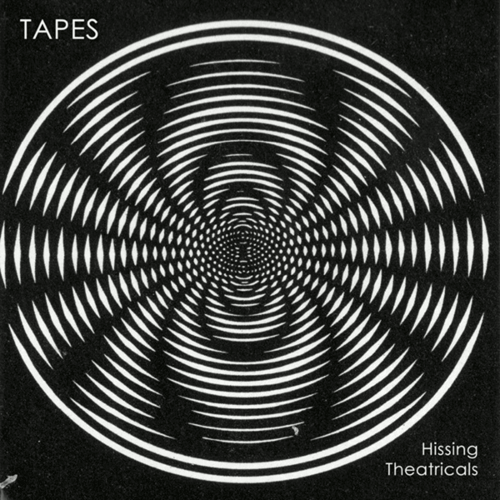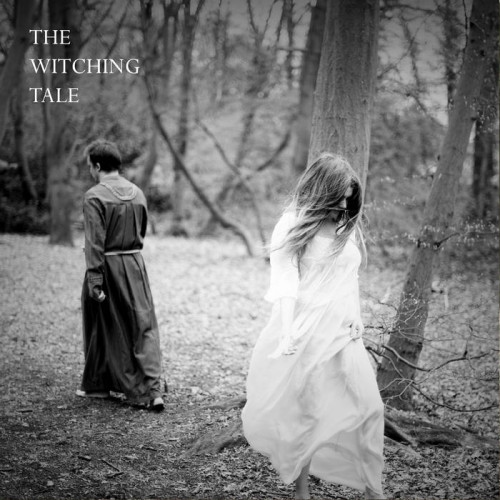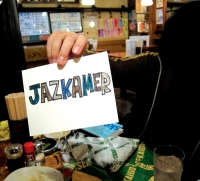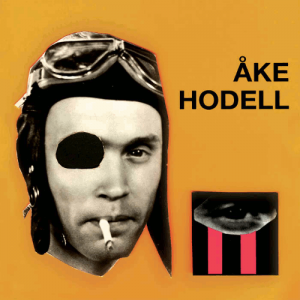 Verbal Brainwash is a mammoth triple CD set collecting the experimental works of Åke Hodell from 1963-1977, using what he termed “text-sound composition”, along with radio dramas presented in that period on Sveriges Radio. This is a revised and updated edition of the collection, re-released by the Fylkingen experimental music and art collective in Stockholm (itself celebrating eighty-five years of existence) to mark the centenary of Hodell’s birth.
Verbal Brainwash is a mammoth triple CD set collecting the experimental works of Åke Hodell from 1963-1977, using what he termed “text-sound composition”, along with radio dramas presented in that period on Sveriges Radio. This is a revised and updated edition of the collection, re-released by the Fylkingen experimental music and art collective in Stockholm (itself celebrating eighty-five years of existence) to mark the centenary of Hodell’s birth.
Hodell was a great fan of loops, whether of words or noises, and the pieces here frequently achieve a musicality of their own on the rhythms of variation within the cycles, as text is made frenetic from simple beginnings. Vowel sounds and phrases in Swedish, French, German, English and onomatopoeia are extended, snipped, drawn out into sometimes funny, often evocative phrases and non-sentences of linguistic and lingual gameplay, with the form of language itself considered as sound, extending communication for non-speakers and natives alike into something unreliant on the singular “meanings” of individual words.
What politics, what a play… Despite the frequently cacophonous collages of warfare (Hodell was trained as a fighter pilot, and spent several years in hospital after a crash in 1941), the droning extension of a diphthong or glottal emission, or the contrasting of sheep with soldiers, many of the pieces become hypnotic, driving away the immediate signifiers into more abstract realms. It’s a salutary lesson on the application of theory to make both entertainment and academic avant-garde noisescapes work the way these pieces do, and is applied fully thanks to the space afforded over the breadth of this set.
There are several epic pieces, including “The Spirit Of Ecstasy”, a racing-car opera on the fascination with fast Rollers in suitably peculiar style: the engine sounds are performed by the groans and other vocalisations of actors among car-horn themes and orchestral propulsions. The epicentre is reached in a barrage of manufacturers’ names from Volvo to Volkswagen intoned, Stockhausen-style, by the cast. Equally striking is the controversial “Mr Smith In Rhodesia”, banned by Swedish Radio (almost unbelievably, and for fifteen years at that) after protests from the British embassy and being lambasted by the ever-offendable UK tabloid press for its critical take on colonial rule in the pre-Zimbabwe era. This latter features a group of children repeating rote praises of the Rhodesian prime minister Ian Smith as “a good white man” or “our friend and father”, while a whispered subtext denounces him as a murderer and, slightly bizarrely, as a barking dog – which does seem a little offensive to the canine population, who tend not to oppresses whole continents or subsets thereof. Still, the gradual switch to snatches of African rhythms and chants of “ZAPU/ZANU” (the main revolutionary forces involved in the conflict), whistle-blowing declamations and even a speech-synth reverb interlude make for a somewhat dated, if fascinating, stab at rhetorical radio drama of considerable force.No wonder it was regarded as an affront to the UK government and fifth estate, especially as it ends with an ironic rendition of “God Save The Queen”. Similar works on American subjects, “USS Pacific Ocean” and “Where Is Eldridge Cleaver”, make broadly mesmeric collages of highly politicised anti-imperialist diatribe, all to quaintly effective ends, along with variations on Hodell’s apparently relatively well-known piece “General Buddy Buddy”.
Such a collection is so deep and wide-ranging that it’s hard to provide more than a flavour of its extensive content, but suffice it to say that this set reveals a healthy immersion to the avant-garde music which flourished in the decades immediately following the Second World War from a somewhat overlooked part of the world. Åke Hodell made an invaluable contribution, one which deserves at least as wide recognition for its often intensely single-minded delight in the possibilities of resounding repetition as a tool for flogging a dead geopolitical situation into the consciousness of what must have been a decidedly bemused audience. Nowadays it might all seem so obvious in the era of cheap and near-universal sampling, but Hodell was a true pioneer whose work stands up both as an historical artefact and largely successful expressions of a zeitgeist past which resonates still.-Antron S. Meister-
